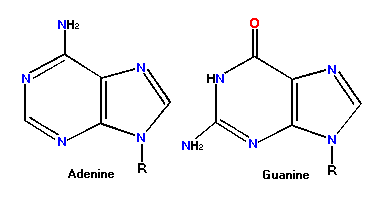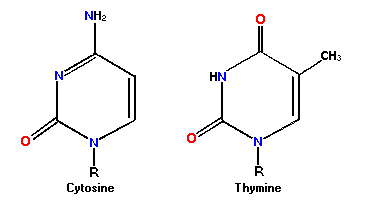P
PHIL121
Guest
- Thread starter
- #21
It's actually quite simple to understand DNA couldn't have evolved through a random process.
To begin with, the odds of all the amino acids lining up to form even the SIMPLEST bacteria are are on the order of 1:10^100 (roughly).
But ieven if that great 'accident' happened, Observation has shown that 'benifical' mutations could NEVER have occured at the rate needed to show the degree of speciation now observed.
And, in fact, most of the 'benificial' mutations observed in science usually are not all that benefical....seedless watermelons for example, are beneficial to man, but not to the watermelons. There is also an example of certain kind of sheep with short legs that was though to be benefiical to man (you can have lower fences); yet the sheep actually died out because of a genetic defect.
To begin with, the odds of all the amino acids lining up to form even the SIMPLEST bacteria are are on the order of 1:10^100 (roughly).
But ieven if that great 'accident' happened, Observation has shown that 'benifical' mutations could NEVER have occured at the rate needed to show the degree of speciation now observed.
And, in fact, most of the 'benificial' mutations observed in science usually are not all that benefical....seedless watermelons for example, are beneficial to man, but not to the watermelons. There is also an example of certain kind of sheep with short legs that was though to be benefiical to man (you can have lower fences); yet the sheep actually died out because of a genetic defect.







 :
: